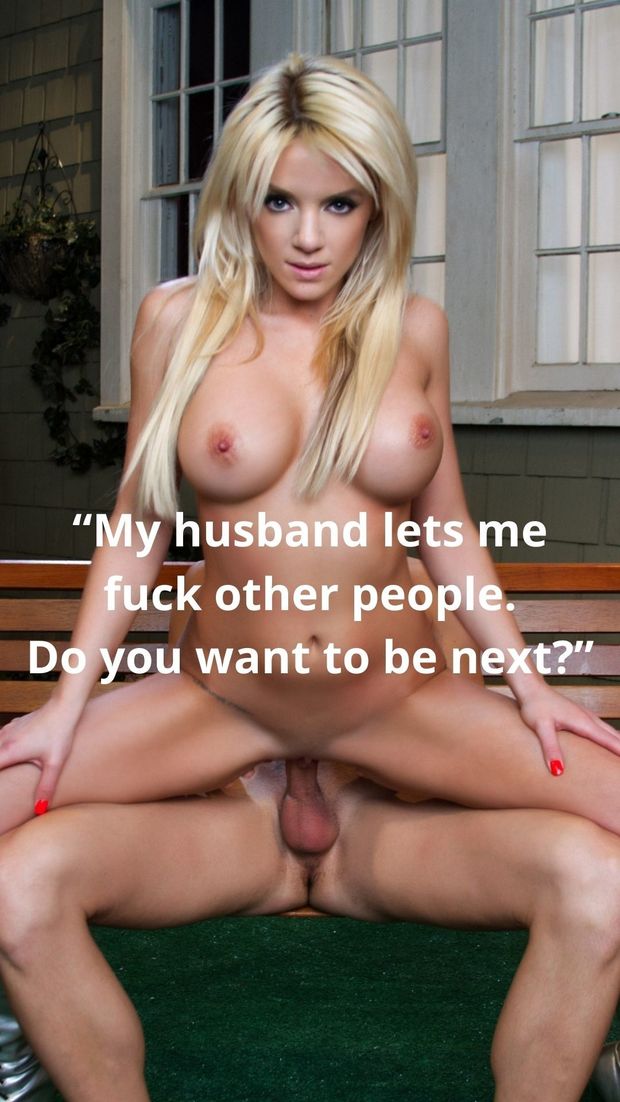The 6 Dating styles Set To struck Our interactions in 2023 – Men’s wellness Magazine Australian Continent
Looking for top level dating hookup websites?
February 4, 2024Find your perfect casual hookup now
February 5, 2024
The 2010s revolutionised exactly how we date while having gender. Grindr arrived on the scene in 2009 and three years later,
Tinder
used fit. You’ll believe utilizing the easier relaxed hookups, millennials is having even more sex than in the past, but
a 2016 research
posted inside
Archives of Sexual Behavior
learned that significantly more than twice as numerous millennials produced within the 1990s (15 percent) have no intimate partners versus Gen Xers born when you look at the sixties (6 per cent).
With
internet dating programs,
we’re hit because of the paradox of choice. We’ve got more choices than previously to meet up with, date, and just have gender with peopleâyet having
therefore
many choices could actually hinder our capacity to find “the one.” We can’t assist but believe there’s someone much better available, therefore we ghost (or breadcrumb or fizz) and get to the following prey.
Nevertheless, the 2010s had been also perfect for gender and relationship. The sex-positive action erupted in the last ten years, there are more services toys to help you have significantly more gratifying gender than in the past. Thereupon, we are today looking at the 2020s â plus specifically, the six internet dating trends set-to strike away connections come 2023, in accordance with
Bumble
.
1. Open Up Casting
It’s time to get rid of the tall, dark colored, and handsome requirements as thin seek out all of our real âtype’ just isn’t serving all of us. The alternative of type-casting, available casting refers to just how one in 3 (38%) of individuals are now actually more available to just who they consider online dating beyond their particular âtype’ â this will be even more widespread in Australia at 42% â and 35percent folks are putting less focus on matchmaking people who other individuals âexpect’ these to. Preciselywhat are we shopping for? The overwhelming majority of men and women (63%) are more dedicated to emotional readiness than physical demands.
2. Guardrailing
With all the return of office society and active personal schedules, the majority of people tend to be feeling overloaded at this time. This has pushed people to prioritise the borders and more than half (52%) have established a lot more boundaries over the last year. Including becoming better about the psychological needs and boundaries (63percent), becoming much more careful and intentional about how we set our selves available (59%), and not overcommitting socially (53percent).
3. Love-life Balance
There has been a move in how we think of, and worth, our very own work and the lover’s work. Eliminated are the ones times that our work titles and requiring work days have emerged as a status signal with half individuals prioritising work/life balance (49percent). In relation to their particular partner, more than half of men and women care a little more about their own work/life balance than their unique profession status (54per cent). Within the last 12 months, more than half men and women (52percent) tend to be actively creating more space for pauses and rest and most 1 in 10 (13per cent) won’t date someone who has a tremendously strenuous job.

4. Wanderlove
Looks like we are after an eat, go out, love second with one in 3 (33%) people on Bumble stating that they have been now more prepared for take a trip and interactions with folks who are not inside their existing city. Post-pandemic WFH mobility implies that 1 in 8 (14percent) folks have investigated the notion of getting a âdigital nomad’ , opening up the way we remember exactly who and where we date. In fact, fuck near me 10% of individuals on Bumble around australia actually think it is better to date in another country.
5. Popular Masculinity
Talks about sex norms and expectations have been top and hub. Throughout the last 12 months, 3 in 4 (74%) of men say they’ve got analyzed their particular behavior more than ever while having a clearer knowledge of âtoxic maleness’ and something maybe not appropriate. More than half of males on Bumble (52per cent) tend to be earnestly challenging stereotypes that declare that guys cannot reveal emotions, for fear of showing up weakened. 1 in 3 (38%) today talk a lot more openly about their thoughts using their male buddies, and 1 / 2 (49per cent) of men agree that busting sex roles in matchmaking and connections is helpful on their behalf too â this will be much more predominant in Australia, where 59per cent of males on Bumble recognize.
6.
Dating Renaissance
Just like a famous Queen B, a lot of us are receiving a renaissance with
1 in 3 (39percent) of people on Bumble having finished a wedding or severe connection within the last few couple of years â that is more prevalent in Australia at 42%. These people are now leaping to their second chapter with 1 in 3 (36per cent) making use of internet dating applications the very first time, teaching themselves to browse new dating vocabulary and codes.
